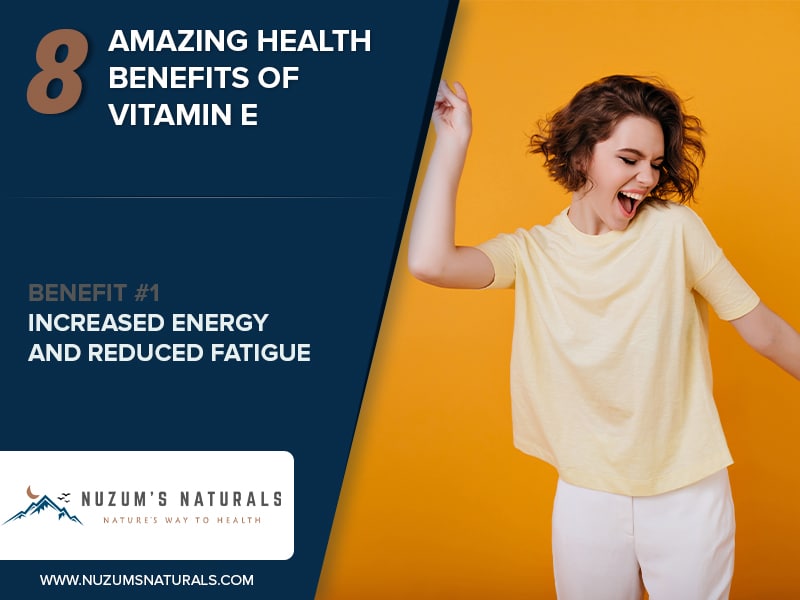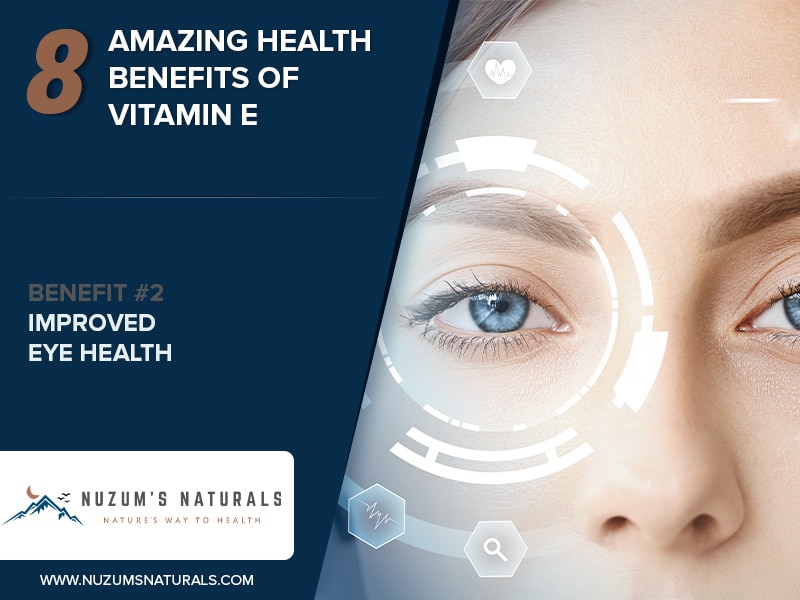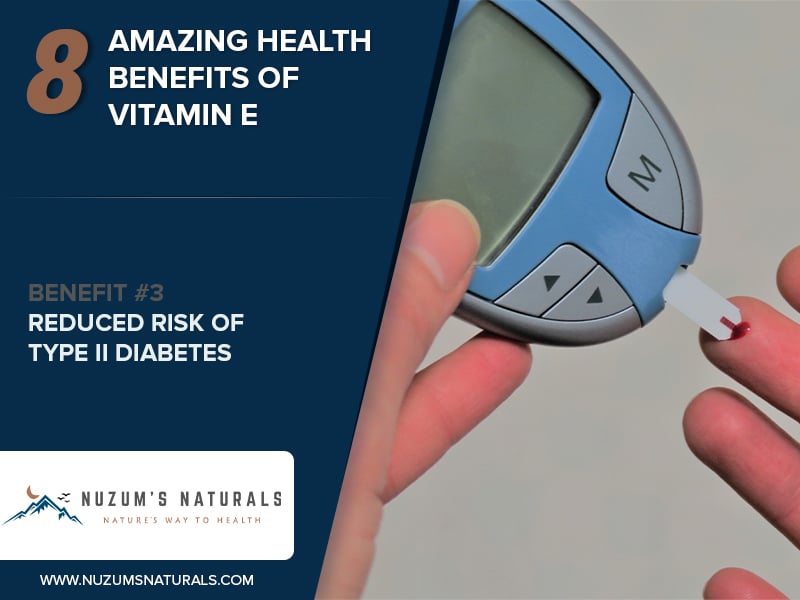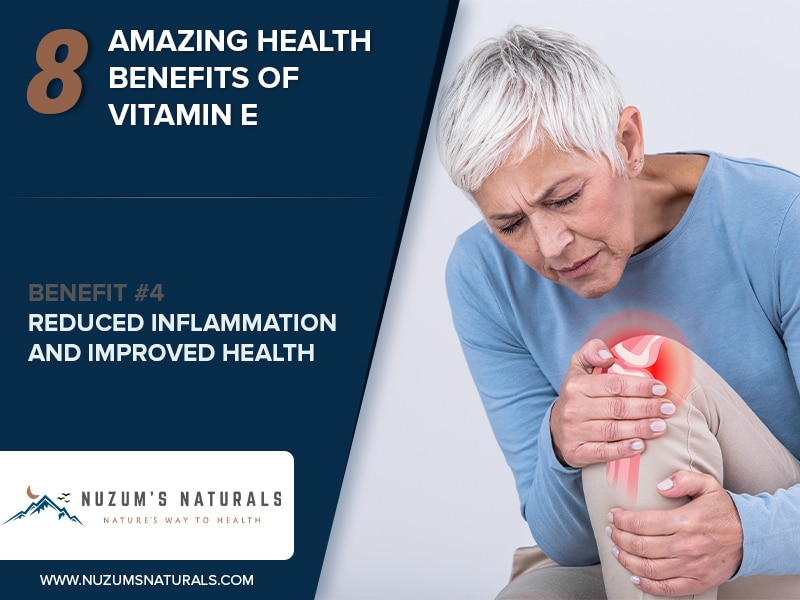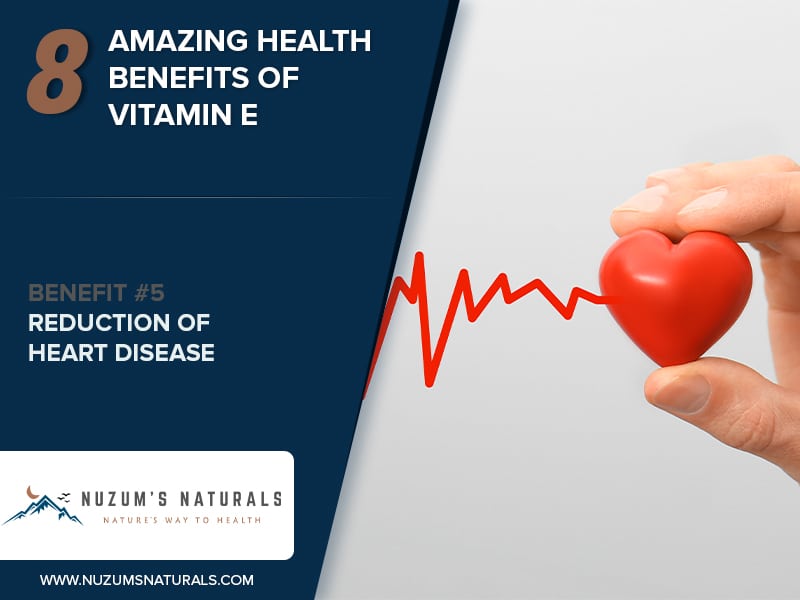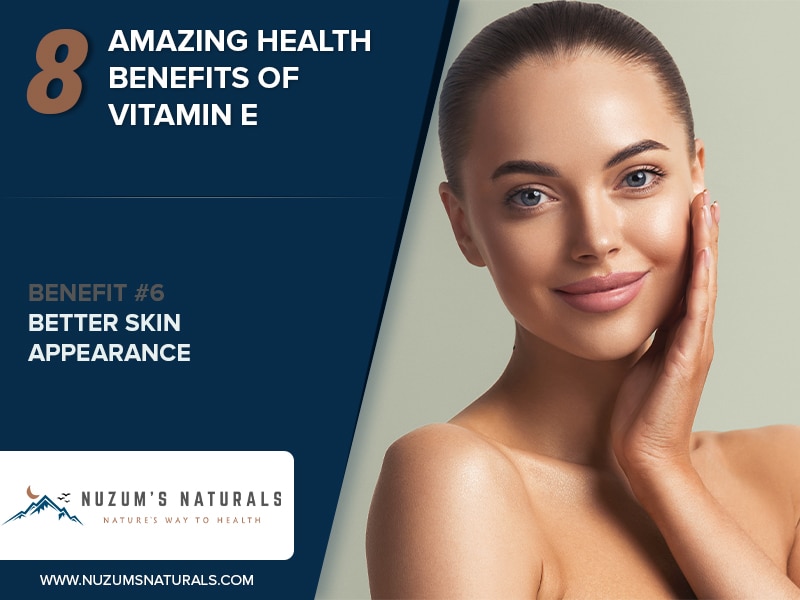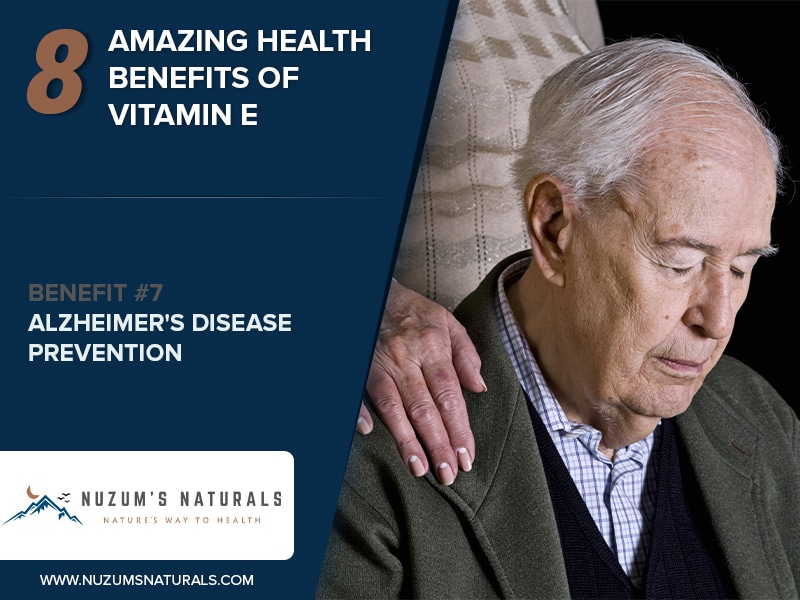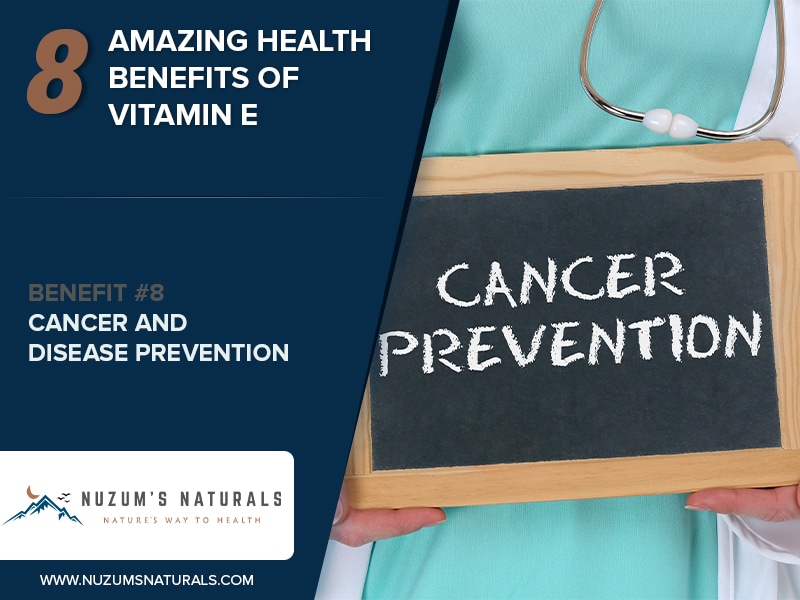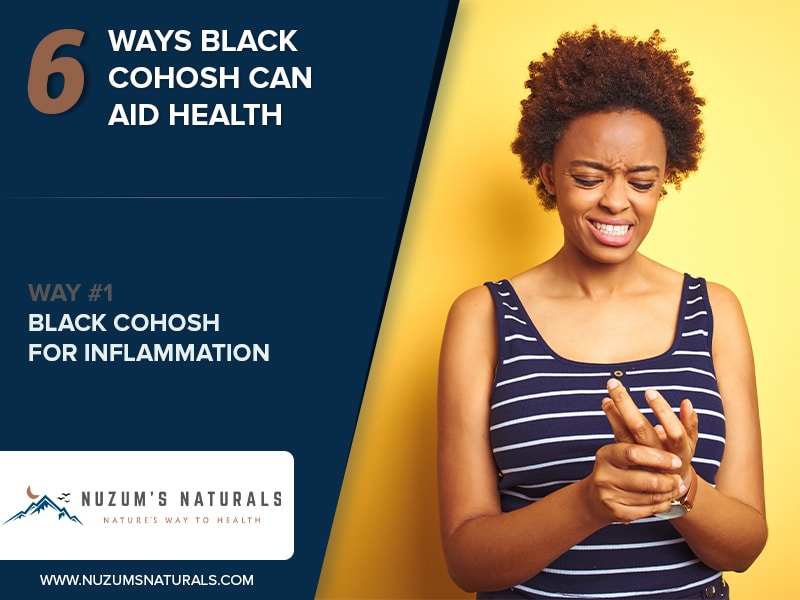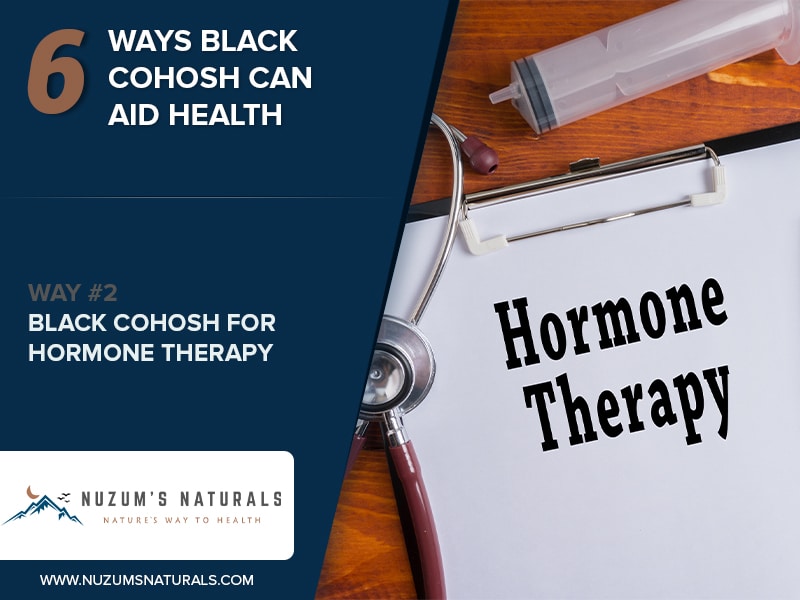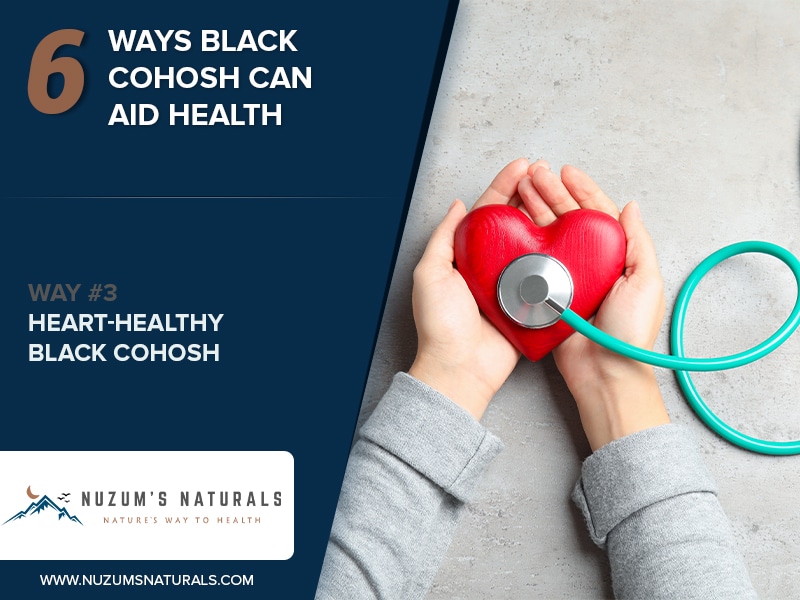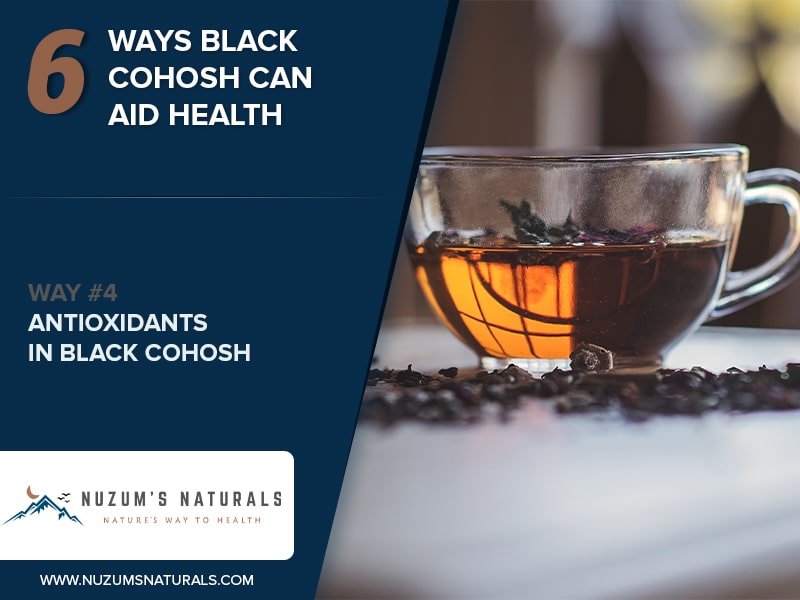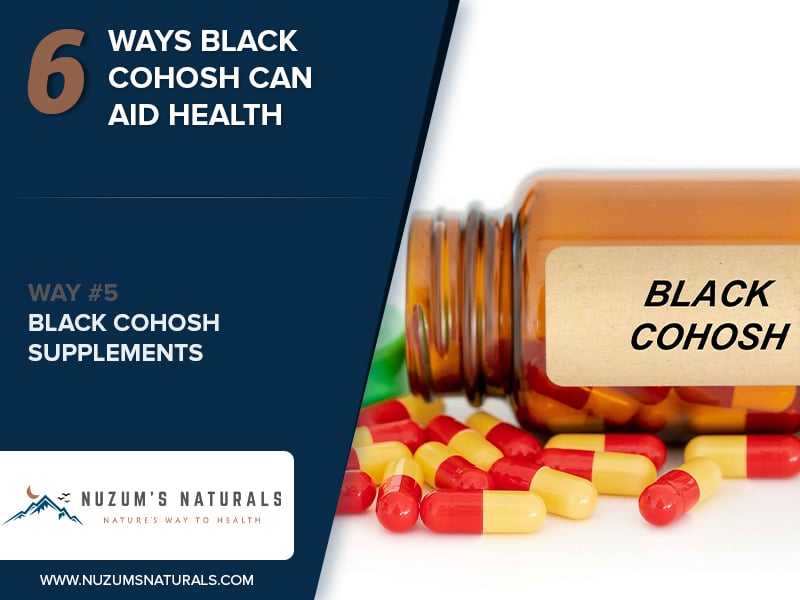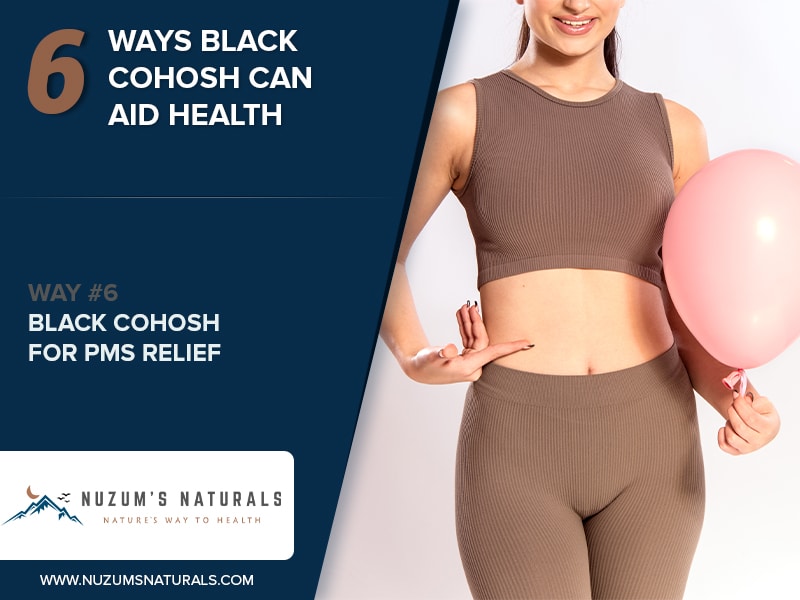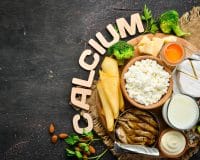8 Facts And Tips For Detoxing Heavy Metals
When present in the human body, heavy metals serve no beneficial role. They almost always interfere with normal biological processes instead. They do this partly by binding to the proteins in the body that would otherwise be activated by normally occurring minerals like magnesium and zinc. This causes massive cellular interference, oxidative stress, and chronic inflammation. In this article, we will share with you information about exposure to heavy metals and how to detox your body and improve your overall health.
First, we will teach you about cadmium and the symptoms of heavy metal exposure. Then, we will cover acute versus chronic exposure and epigenetic changes. We’ll discuss some of the metals to watch out for, like aluminum and mercury. And finally, we’ll wrap up by talking about how to test for heavy metals and what they are. Once you have finished reading, you will know about heavy metal detoxification and how to improve your overall health.
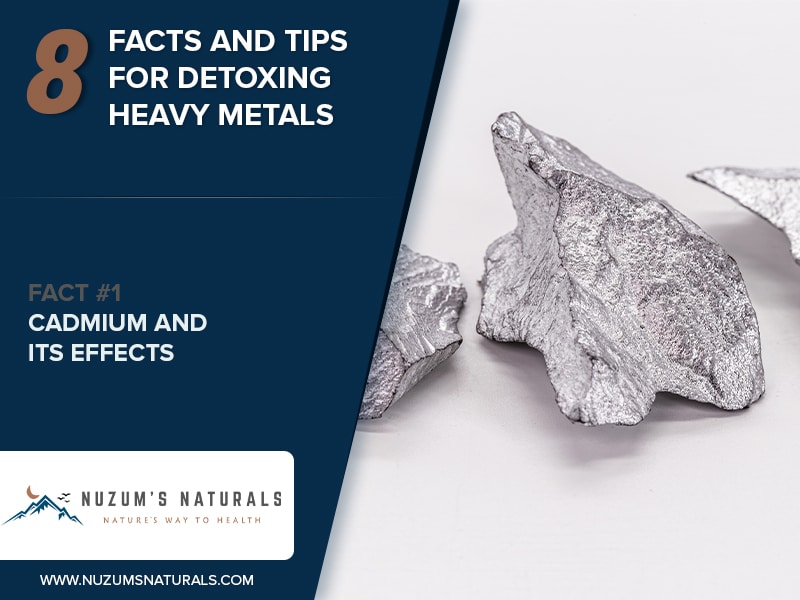
1Cadmium And Its Effects
Cadmium is a water-soluble heavy metal. What that means is that once exposed, your body will absorb it somewhat easily. The mechanism by which cadmium harms the body is not fully known; however, it is helpful to understand its areas of storage and common health effects.
The common sources of exposure are tobacco, contaminated foods, and occupation (soldering, metalworking, battery manufacture). Cadmium is stored in the kidneys. The health effects are kidney damage and poor calcium metabolism (kidney stones and osteoporosis).
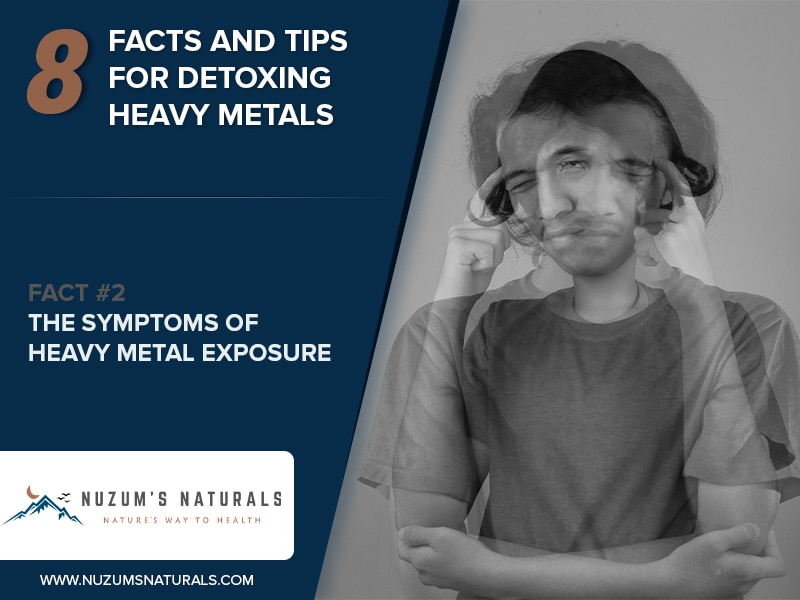
2The Symptoms Of Heavy Metal Exposure
The symptoms of chronic heavy metal exposure can vary depending on an individual’s health, exposure level, and the types of metals that they are exposed to. Someone with robust detoxification ability will have a higher tolerance to detox heavy metals. But others could be extremely sensitive to even the smallest exposure.
Some of the most common symptoms include chronic fatigue, brain fog, mood swings, insomnia, anxiety, and depression. Chronic inflammation is also a symptom of heavy metal exposure. Several heavy metals have also been classified as cancer-causing agents.
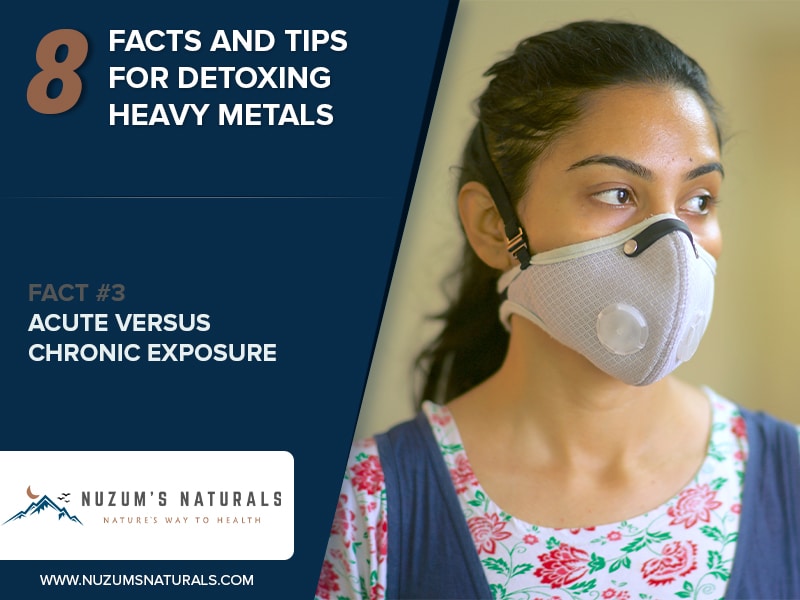
3Acute Versus Chronic Exposure
Something important to understand is that we are not referring to acute exposure to metals so much as we are chronic exposure. Of course, there is an issue when someone is suddenly exposed to a large dose of a toxic metal that causes immediate toxicity. And there are ways of mitigating those damages in an emergency scenario.
What we need to understand, though, is that even low-level exposure to heavy metals over time can also have a detrimental impact on the body. This is why it is important to understand some of the common sources and ways you can help your body eliminate them. Your body needs to do this daily if you want to maintain a vibrant level of health.
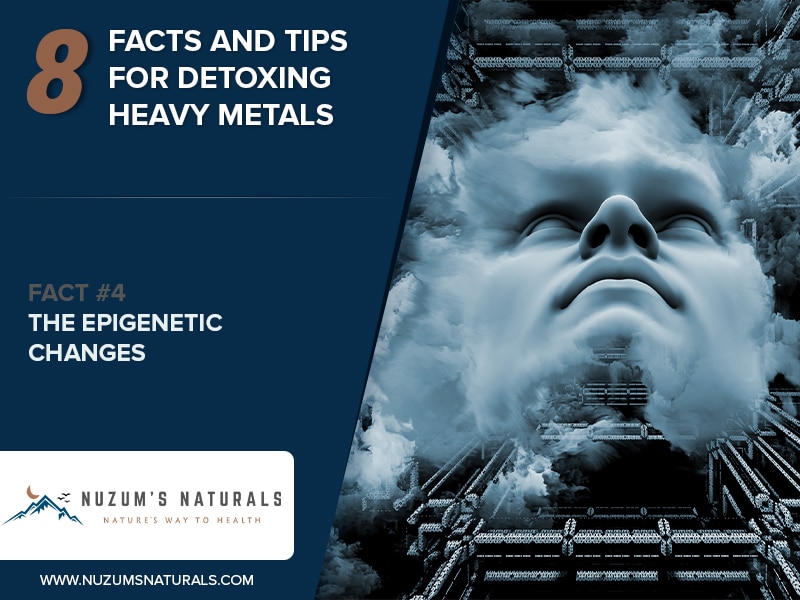
4The Epigenetic Changes
There are immediate ramifications of heavy metal exposure and accumulation. However, something that absolutely must be considered is the generational effects passed to the offspring. Research is showing now that heavy metals can change the expression of our genes in ways that are unfavorable for good health.
Additionally, certain heavy metals can be passed directly from the mother to the fetus in utero. This means that even if raised in a pristine environment (which is virtually impossible in today’s society) the ramifications of heavy metal toxicity can extend for several generations, especially if not properly dealt with. This means that if you plan on raising healthy, vibrant children, you may want to consider testing and removing heavy metals from your system before conception.
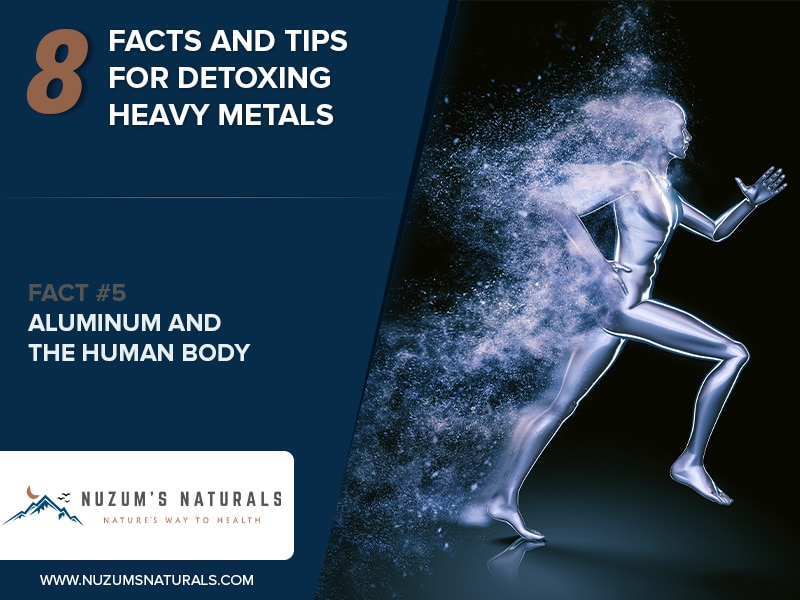
5Aluminum And The Human Body
Aluminum is the third most common element in the earth’s crust and was once the number two metal used in manufacturing across the globe (second to steel). Aluminum is leached from the soil with increases in acid rain, which makes it more toxic to the body. Aluminum has no biological role in the body and also inhibits the normal distribution of calcium, phosphorus, and iron. The common sources of exposure are processed foods, some vaccinations, antiperspirant deodorant, canned foods and drinks, and municipal tap water.
Aluminum can find a home in almost any tissue of the body. Health effects include poor cognitive function, bone disorders, neurodegeneration (Alzheimer’s), breast cancer, and anemia. While all of these metals are concerning in themselves, it is also important to note that some studies have shown a concerting effect. This means that having combined toxicity of several heavy metals may be exponentially more harmful than any one metal alone.
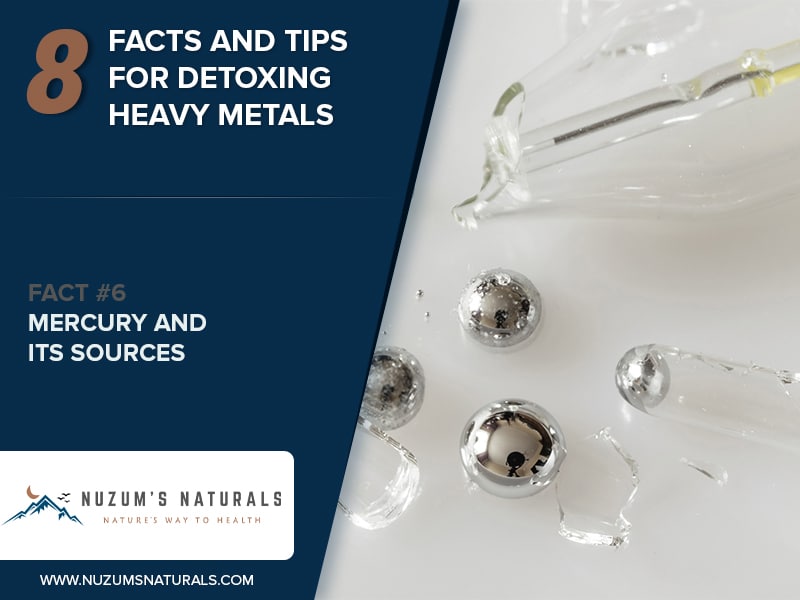
6Mercury And Its Sources
Mercury is likely the most dangerous heavy metal in the environment. It is attracted to fatty substances, such as the brain, and may increase your chances of having Alzheimer’s disease. It increases oxidative stress and inflammation, depletes antioxidants, and chronically overstimulates the brain, eventually leading to brain cell damage.
The common sources of mercury exposure are larger seafood (tuna, shark, swordfish, etc.), dental amalgams (silver tooth fillings), and some vaccinations (containing thimerosal). Mercury is stored in the brain, nervous system (myelin), liver, and kidneys. The health effects of mercury exposure are brain damage, brain fog, chronic fatigue, depression, headaches, poor memory, liver and kidney damage, increased risk of cardiovascular diseases, and neurodegenerative disorders (Alzheimer’s, Parkinson’s, multiple sclerosis).
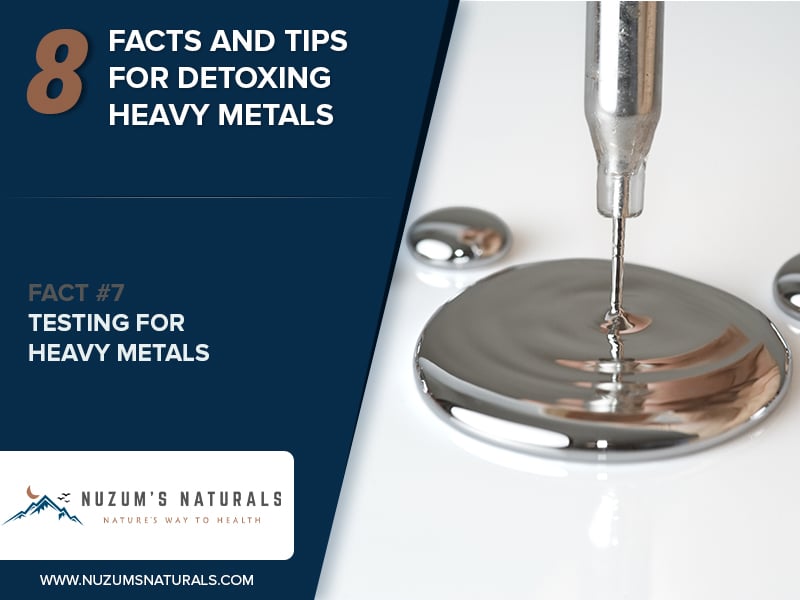
7Testing For Heavy Metals
There are generally three types of heavy metal testing strategies: blood, urine, and hair. The common downfall that these methods succumb to is not accounting for the fact that heavy metals can become deeply embedded in the tissues. Generally, hair and urine tests can only measure the metals that an individual’s body can remove. Blood tests are typically only accurate after acute and recent exposure to heavy metals.
Generally, one of the best ways to get an idea of heavy metal levels in the body is to pull them from the tissues using a chelator (a substance that binds and detoxes heavy metals) and then measure what is excreted in the urine. This method is called a heavy metal challenge test. Typically, in a heavy metal challenge test, one will collect two separate urine samples: one before ingesting the chelator and one after. This gives an accurate picture of the toxic burden on the body.
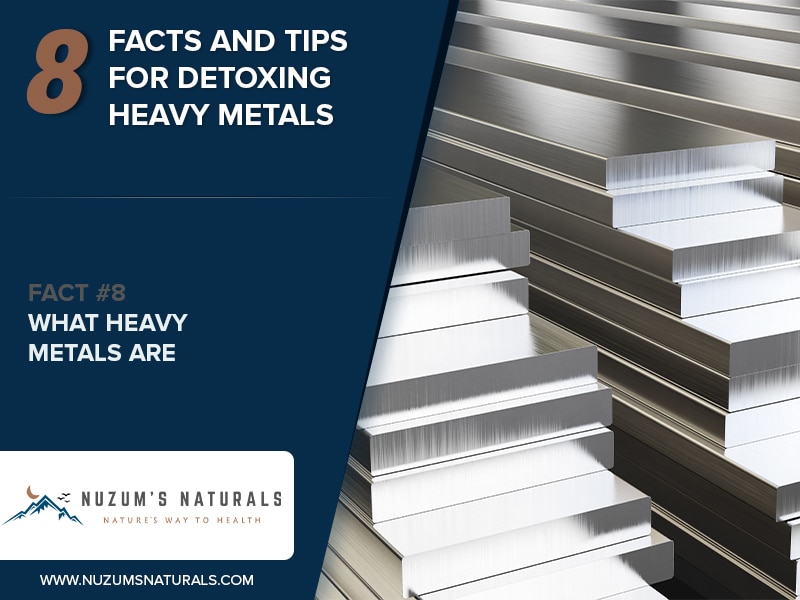
8What Heavy Metals Are
Heavy metal is a metal that has a density of at least five g/cm3. It is generally understood that heavy metals have adverse effects on living organisms and the environment when present in large amounts. When present in the human body, they serve no beneficial role.
They almost always interfere with normal biological processes instead. They do this partly by binding to the proteins in the body that would otherwise be activated by normally occurring minerals like magnesium and zinc. This causes massive cellular interference, oxidative stress, and chronic inflammation.
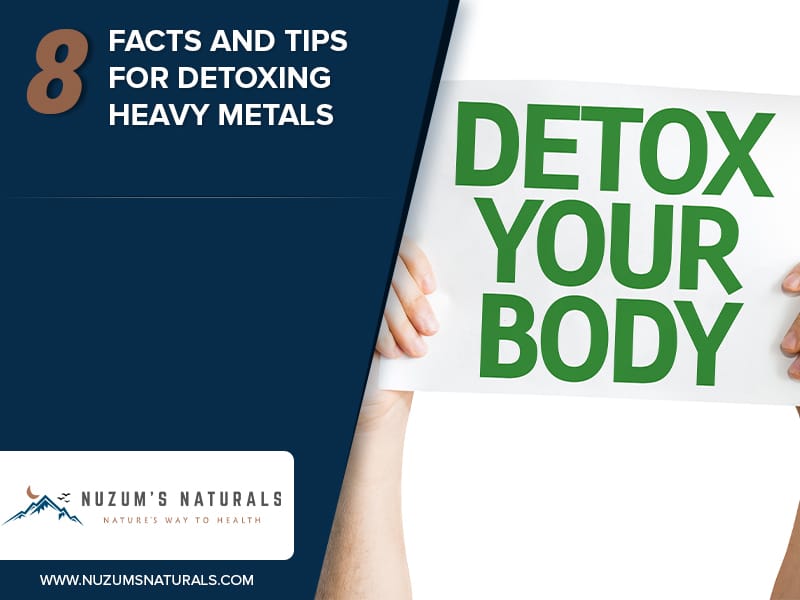
Heavy metals serve no beneficial role when present in the human body. In most cases, heavy metals almost always interfere with normal biological processes instead. The proteins in the body that would otherwise be activated by normally occurring minerals like magnesium and zinc are what these heavy metals partly bind to. In this article, we shared with you information about exposure to heavy metals and how to detox your body and improve your overall health.
First, we taught you about cadmium and the symptoms of heavy metal exposure. Then, we covered acute versus chronic exposure and epigenetic changes. We discussed some of the metals to watch out for, like aluminum and mercury. And finally, we wrapped up by talking about how to test for heavy metals and what they are. Now that you have finished reading, you know about heavy metal detoxification and how to improve your overall health.



